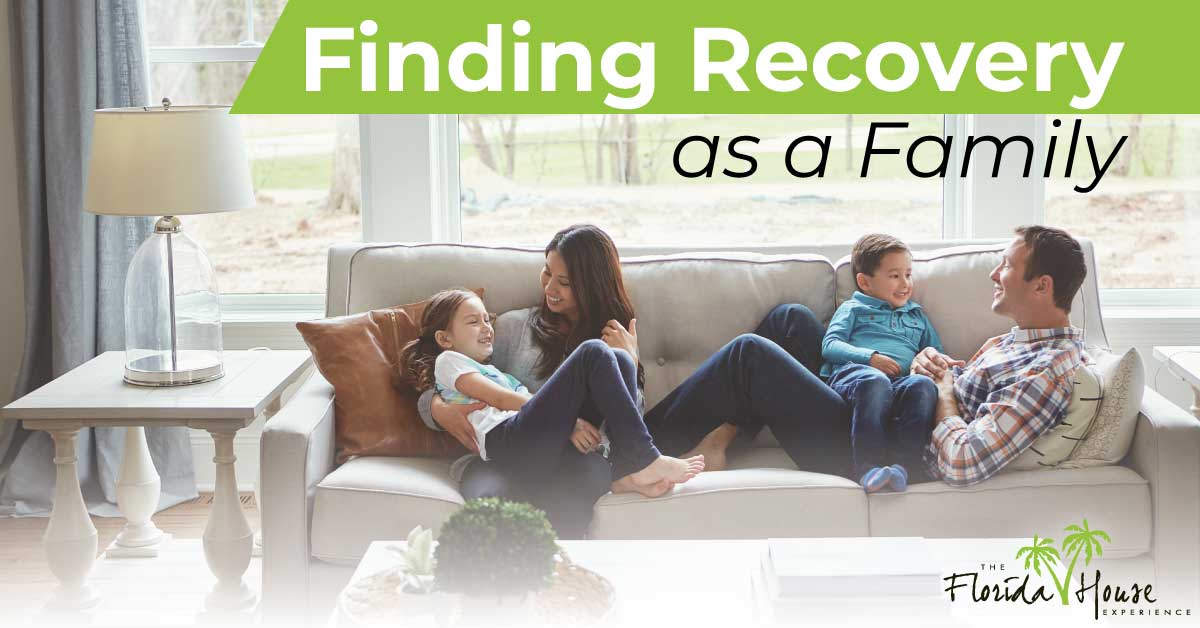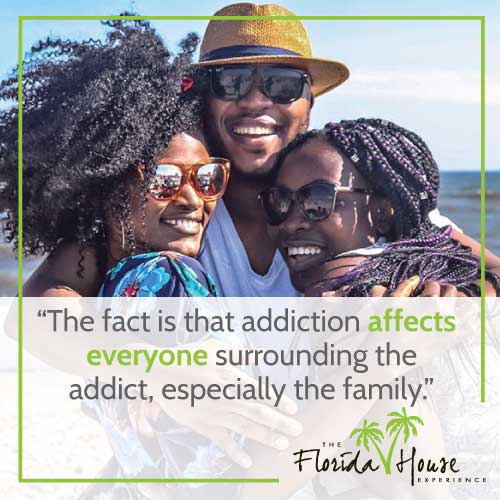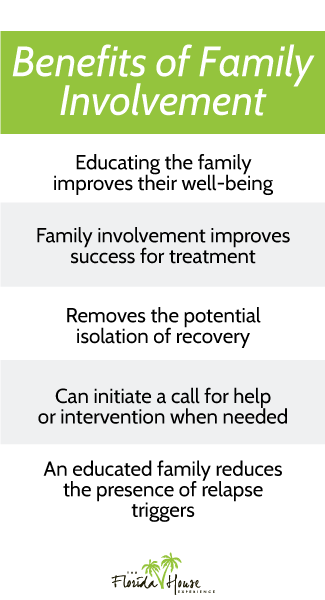
Are you struggling with an addiction? Is one of your family members struggling with the difficult process of an addiction? While addiction has the most detrimental effects directly on the user, it may shock you to realize that addiction can also have very serious negative side effects to the family members of someone living in active addiction. It is beyond simply a process that affects others, it is sometimes referred to as a communal disease. The reality of addiction recovery is inherently a communal process. We will be discussing the harrowing reality of family in regard to addiction recovery. If you or a loved one are struggling with an addiction, it is imperative you seek treatment today. We at the FHE Health have a strong desire to help those who can no longer help themselves. It is time to take your life back.
 A Family Disease
A Family Disease
Before we move forward, it is imperative to acknowledge what addiction is. Addiction is a disease. While it is always a choice to receive treatment, sometimes this option is not easily accessible or affordable. Luckily, at FHE Health, we will do whatever we can to get you the best addiction recovery experience possible. Addiction changes the structure of your brain including memory, reward, and motivation systems. In this way, addiction fits all the definitions of a disease.
Unfortunately, this is not simply a disease that affects one person. Addiction is the third most common cause of divorce for women and the eighth for men. The simple fact is that addiction is also known to intensely affect children. Children with an addicted parent can struggle with feelings of aggression, needing intimacy, or craving affection while growing up. Beyond this, one can make a case that addiction is a disease that is hereditary. Children are far more likely to develop an addictive disorder if their parents struggled with an addiction. Addiction recovery is necessary for couples because addiction re-centers your life. The person may not be extremely aggressive, they may be more sluggish, irritable, or simply uncaring.
The fact is that addiction affects everyone surrounding the addict, especially the family. Family life requires constant focus, consistent structure, and a firm foundation. A parent struggling with addiction hurts the kids, affects the spouse, and causes a great deal of calamity to family life. This is why addiction recovery needs to be for the whole family. We at FHE Health believe this and make sure to offer family counseling options and support for during each stage of the recovery process. We also invite family members to be a part of the recovery process and support the addicted individual through detox, inpatient treatment, and outpatient treatment.
Why Getting Help as a Family is More Successful
 Since addiction is a family disease, it makes sense that addiction recovery should be a family process as well. The reason being is that addiction promotes a co-dependent nature in those related to the addict. Thus, treatment is not just necessary for the addict, but also the whole family. Not only this, but research shows getting help as a family is far more successful. The reasons are as follows.
Since addiction is a family disease, it makes sense that addiction recovery should be a family process as well. The reason being is that addiction promotes a co-dependent nature in those related to the addict. Thus, treatment is not just necessary for the addict, but also the whole family. Not only this, but research shows getting help as a family is far more successful. The reasons are as follows.
Accountability is huge in recovery. Recovery is a lifelong journey that involves no days off. If this sounds hard, it is because it is, however, it is always worth it. Having a family (which is also a lifetime journey) to constantly grow you and keep you accountable is so important for dealing with an addictive lifestyle. Thus, having your family do recovery with you, helps you stay motivated on hard days, it makes your family the process, which means they know what you are going through.
Understanding addiction is so important too. Having the family go through recovery makes addiction an understandable, and beatable, disease. Without it, it is only the terrible curse that a loved one has. Thus, going through recovery helps to educate the family, as well as help recover them. In this way, the family will know what are healthy ways to cope with an addicted loved one, as well as ways that they can help (rather than hurt).
This opens doors of communication in the family. In this way, while many families have trouble communicating, the difficult situation will open doors for mental illness, struggles at school, and so on.
Many family members feel as though they are at the end of their rope. Their addicted family member has wronged them so many times through lying, stealing, criminal activity, and abuse, that it no longer seems worth it to support them. Many family members are conflicted as they try full support and support through tough love. Sometimes it is best to completely cut off a loved one from monetary support, from a place to live, and even any communication whatsoever. However, this can be extremely difficult because we don’t want to “give up” on our loved ones or send them into a darker place. As addiction claims so many lives every year through overdose, loved ones are in a constant state of distress as they try and deal with a loved one’s addiction.
However, there is good news. Each person’s situation is different, and counselors and addiction psychologists can help send you in the right direction. They have the experience and knowledge to evaluate your individual situation and give advice as to what can best help your loved one.
How Families Can Help
There are many different ways that a family can help and support a loved one without enabling their addictive behaviors.
First, a family can help by staging a successful intervention. Interventions are more of an art than a confrontation. Getting help for your loved one is a top priority. Getting professional treatment is extremely imperative. Practicing the intervention, developing an order in which the individuals will go, and having the correct individuals present are all extremely important. Interventions can be intimidating for someone to take on. Here at FHE Health, we have professional interventionists ready to talk you through the steps or completely facilitate the intervention if that’s what you need.
Being educated about the disease of addiction is one of the most important things that families can do. Addiction is one of the most misunderstood phenomena in the modern age. Thus, families who are educated are much more equipped with a skillset to cope with their pain, as well as how to help their addictive family member. This means creating boundaries, this means going to family therapy, and working hard to understand a tragic disease.
Families can display empathy and attempt to understand and communicate with their loved one rather than exacerbating the issue. Addiction is often triggered by anxious thoughts, emotions, guilt, and so on. Thus, inconsistent reactions from the family, and lashing out could possibly trigger the individual. These are just a few of the ways that families can help.
Another way a family member can help is by being with the addict. This can be setting boundaries, but it can also be encouraging self-care. Self-care could be holistic care, exercising with the individual, or just participating in beneficial acts with your loved one. These are just a few ways in which you can help your loved one.
Getting Help
If you or a loved one are struggling with an addiction, seeking addiction recovery is the only way to truly take your life back. See our contact for opportunities to reach out to our admissions counselors. Go to this page if you have any questions, or reach out to us via a call. We have a 24/7 contact number, that will connect you to a specialist. If you have any questions, or just need to talk please reach out. Do not hesitate, do what is necessary to get help for your loved one.






